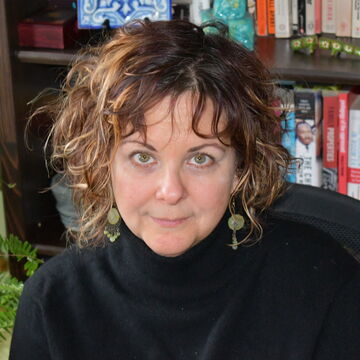|
Description
FYS (EIS) are theme-based writing courses designed for first-year international students who have successfully completed their English for International Students Fluency course, with an emphasis on teaching Academic English skills to English Language Learners. Students will improve their Academic English skills by learning to embrace the writing process and establish writerly habits, while developing guided critical reading, thinking, and writing skills necessary for their success in future course work at SAIC. FYS (EIS) sections offer different topics. For example, students may investigate modern and contemporary art movements or analyze popular visual culture or media. While faculty have autonomy in determining course theme, the theme is an accessory to the writing; the balance in these classes is weighed toward explicit writing instruction and workshopping of student writing, not content. This course provides guided experience in writing college-level essays of various kinds. Students investigate the class topic through close readings and class discussions. They explore and develop their ideas by writing short responses and longer multi-draft papers which may include analytical, argumentative, expository, and/or evaluative essays. A significant amount of time is devoted to the craft of writing. Grammatical and organizational strategies, argumentation, and skills in thesis/claim and idea development are explored. Students should expect to write 15-20 pages of formal, revisable writing across the course of the semester. A significant amount of time may be devoted to re-writing essays, so as to develop first drafts into final versions. In-class writing and short homework exercises may be included. Through peer review and workshops, students learn to collaborate and to take their work, and the work of their peers seriously, thereby establishing best practices of critique. Classes are capped at 12 students and individual meetings to discuss each student's papers should be expected.
|
Class Number
1384
Credits
3
|
|
Description
FYS (EIS) are theme-based writing courses designed for first-year international students who have successfully completed their English for International Students Fluency course, with an emphasis on teaching Academic English skills to English Language Learners. Students will improve their Academic English skills by learning to embrace the writing process and establish writerly habits, while developing guided critical reading, thinking, and writing skills necessary for their success in future course work at SAIC. FYS (EIS) sections offer different topics. For example, students may investigate modern and contemporary art movements or analyze popular visual culture or media. While faculty have autonomy in determining course theme, the theme is an accessory to the writing; the balance in these classes is weighed toward explicit writing instruction and workshopping of student writing, not content. This course provides guided experience in writing college-level essays of various kinds. Students investigate the class topic through close readings and class discussions. They explore and develop their ideas by writing short responses and longer multi-draft papers which may include analytical, argumentative, expository, and/or evaluative essays. A significant amount of time is devoted to the craft of writing. Grammatical and organizational strategies, argumentation, and skills in thesis/claim and idea development are explored. Students should expect to write 15-20 pages of formal, revisable writing across the course of the semester. A significant amount of time may be devoted to re-writing essays, so as to develop first drafts into final versions. In-class writing and short homework exercises may be included. Through peer review and workshops, students learn to collaborate and to take their work, and the work of their peers seriously, thereby establishing best practices of critique. Classes are capped at 12 students and individual meetings to discuss each student's papers should be expected.
|
Class Number
1354
Credits
3
|



